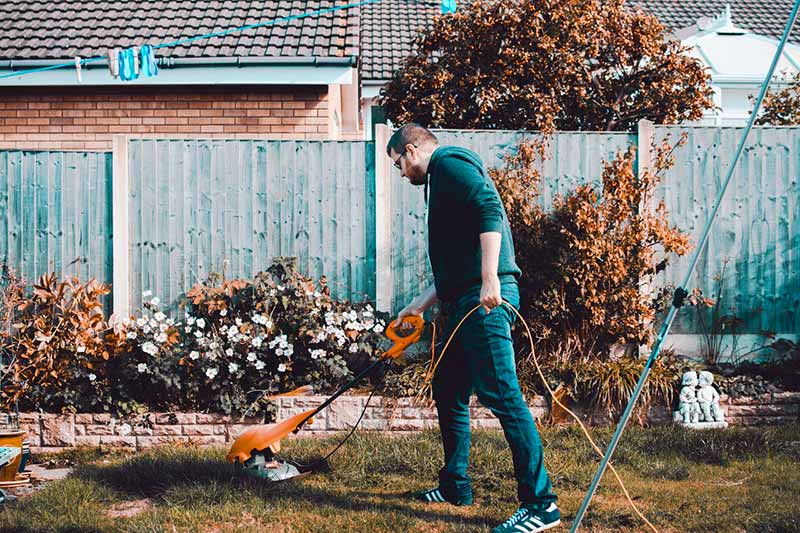
As the heat of summer rises and people go out more and more to enjoy the activities of summer. Everyone knows it is important to protect yourself from the risks associated with the summer. Typical protection elements include sunscreen for UV rays, repellant for bugs, and plenty of water to beat the heat. Unfortunately, besides earplugs, very few products are available for summertime hearing protection. In fact, some of the dangers summertime holds for your hearing might surprise you. Here are some of the most common hazards of summer that may negatively affect your hearing health.
Summertime Hearing Protection: Common Summertime Activities That Could Damage Your Hearing
Music Concerts, Firework Displays, and High Decibels
At the top of many people’s lists of favorite summertime activities are also some of the loudest. Loud events like music concerts, professional sporting events, airshows, and parades can quickly overcome safe audio levels and be hazardous to hearing. Exposure to high decibels, even for a short time, can have a lasting impact on your hearing. Hearing specialists recommend the use of earplugs to lessen the effect and stay as far back from the sounds as possible.
Lawncare, Yardwork, and Flying Debris
While the enjoyment factor of yardwork and garden can be debatable, the hazards from not only power tools producing high decibels, but the dirt and debris from these activities can get into your ear canal and cause all sorts of issues. Scratches and infections inside the ear and ear canal can lead to severe problems related to your hearing health. Make sure to wear a good-fitting brimmed hat or ear plugs if you plan on stretching your green thumb this summer.
Pools, Lakes, and Water Hazards
Nothing beats the heat like a nice dip in a body of water or just playing with a sprinkler and hose. But, just like anything else, too much of a good thing can go very wrong. Excess moisture inside the ears can cause hearing issues; for example, when water inside the ear does not dry out properly, it can cause an infection known as swimmer’s ear. To avoid problems, allow your ears to dry out before heading back inside to the air conditioning. Swim caps and earplugs are recommended to prevent getting water inside the ears in the first place.
Convertibles, Motorcycles, and Speedboats
There is nothing quite as exhilarating as the wind going through your hair at high speed. However, driving on the highway with the windows down, speedboating, and sky diving are just a few ways to encounter winds that can get dangerously loud. Wind gusts that go above 65 to 70 miles per hour can create decibel levels far exceeding safe limits. Wearing a sound-safe helmet or hear-through earplugs can almost eliminate this threat and allow you to safely experience wind speeds that could blow the rest of you away.
While volume is measured in decibels, the ability to hear is determined by the amount or lack of damage present. The safe limit of 85 dB can be quickly passed by many of our favorite summertime activities. Volume levels exceeding 155 dB can be especially hazardous. Taking steps to be aware and prepared for when the volume of summer goes past 11 can help protect your hearing way past a single summertime. Having disposable earplugs on hand and giving your ears time to rest after experiencing loud sounds can go far to aid in protecting your hearing. If you notice issues after a summer activity that results in diminished hearing or tinnitus, make sure to make an appointment with a hearing specialist right ways.